What was the most significant change in media in 2021?
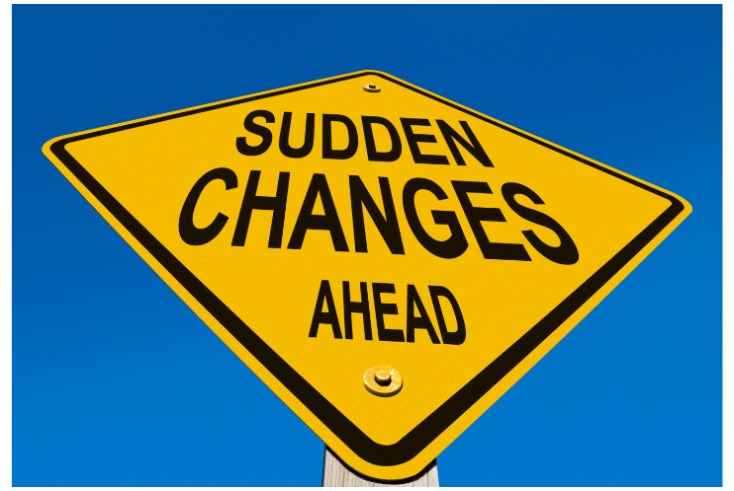
From break-out social media platforms and measurement techniques to hybrid working, the media and advertising industries have gone through many changes while recovering from the pandemic.
Mediatel News spoke to media agency execs, broadcasters, intermediaries, specialists and columnists to find out their thoughts on the most significant change in media this year.
The media agency exec
Tim Irwin, CEO EMEA at Essence
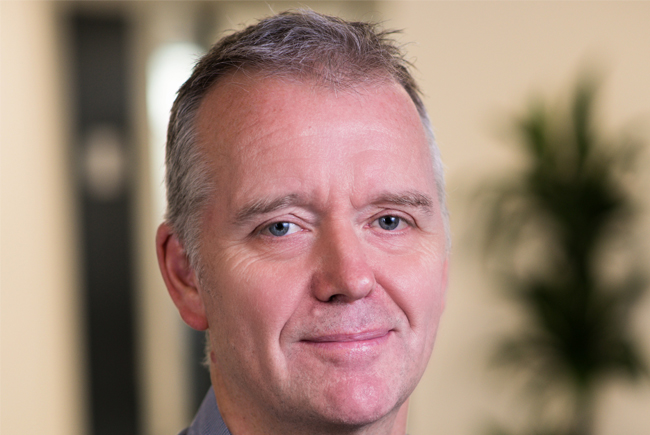
“Facebook continues to hog the limelight when it comes to news-making but the most significant event of the year wasn’t its ‘meta-morphosis’, rather it was the moment its company value dropped by $40bn.
“That was the fall in its stock value when it declared how Apple’s privacy changes had impacted its ad business. And whilst FB stock continues to operate at a near all-time high, there is no doubt that Apple’s manoeuvre has cast doubt about where the future power will lie.”
The commercial broadcaster
Simon Daglish, deputy managing director ITV Commercial
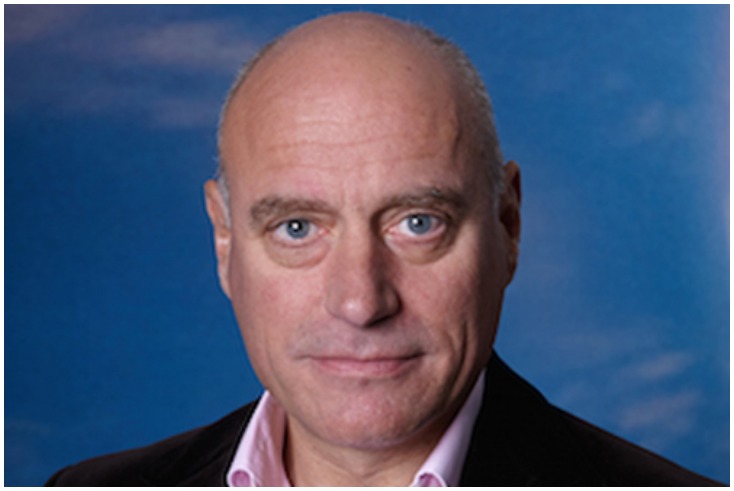
“In a year of pretty significant change, to me one stands out more than any other as it is an individual, national and global change: WFH (working from home).
“WFH is the biggest change in our working patterns since the industrial revolution. It has taken place not over years – as with other work revolutions – but months. What it means for society, mental health, efficiency, effectiveness, city centres, work / life balance and the individual… no one quite knows.
“But what I DO know is that, as with all revolutions, there will be colossal winners and losers, and I’m not yet sure who sits in which category.”
The media agency exec
Rachel Forde, UK CEO at UM
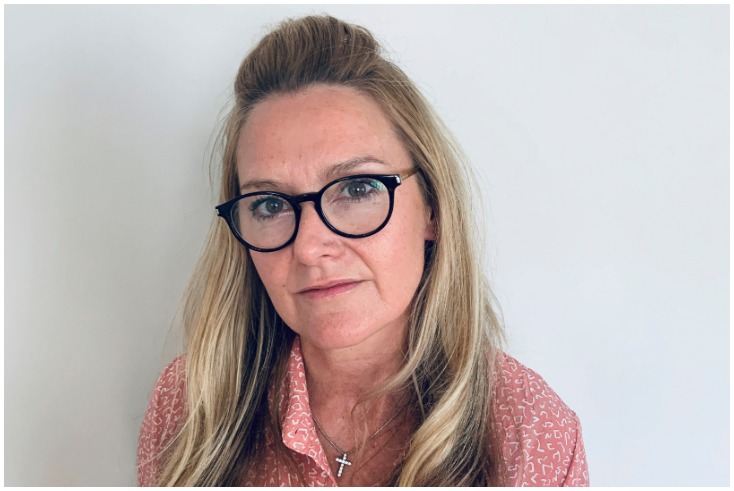
“So many brands took TikTok’s “Don’t make ads, make TikToks” campaign to heart, and the resulting meteoric rise is transforming the media landscape.
“No question that the hyper-targeted nature of TikTok is leading to authentic, supercharged creative executions, but it’s also creating a blind spot. Most of the wider public don’t see these executions – and nor do marketing directors.
“Has anyone over 40 – and I’m including marketing directors – even heard of Little Moons mochi? (Unless their kids pester for them!) Does this blind spot mean we’re missing out on a vital element of current culture?”
The data specialist
Caroline Hugonenc, VP global research & insights at Teads
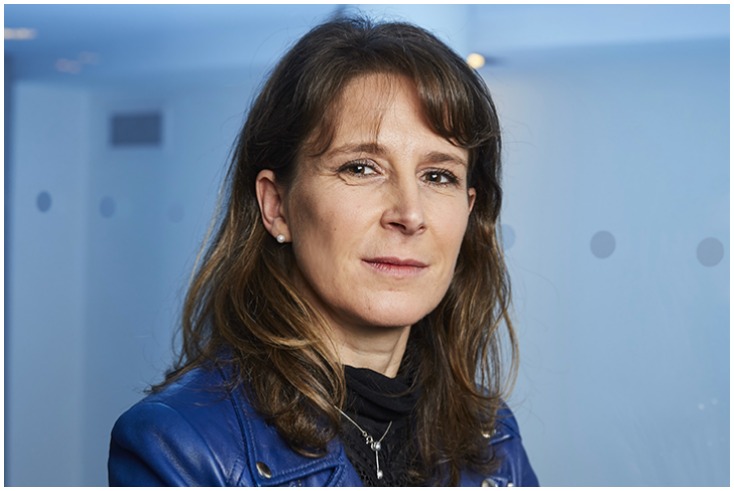
“The most significant change in media was undoubtedly the focus on measuring advertising based on attention.
“A study we conducted alongside Dentsu International showed attention is three times better at predicting outcomes than viewability.
“What’s more, it found some drivers of viewability such as the size of the format or position on the page can actually negatively impact attention.
“As we transition into 2022, creating a framework for the Attention Economy will help advertisers, and their media partners, to deliver better business outcomes and more engaging content for the consumers they’re trying to reach.”
The consultant
Paul Phillips, managing director of AAR Group
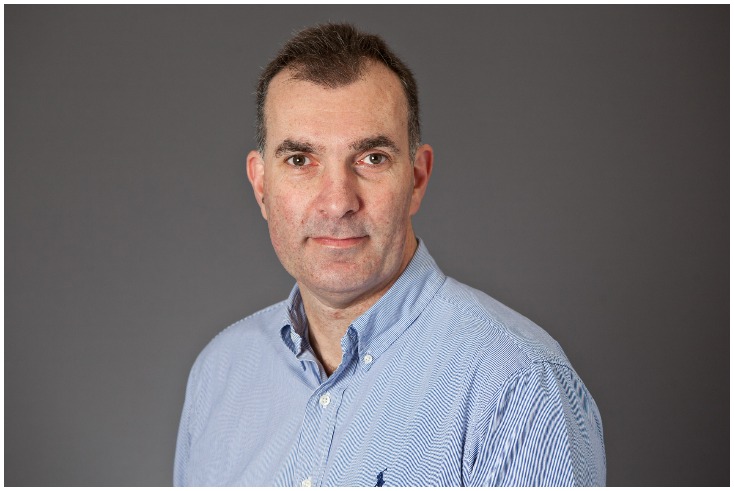
“In 24 years of supporting brands with their media agency arrangements, 2021 was the first time that it was a sellers’ market, in which media agencies were far more in control of when and where they placed their business development efforts.
“There were three primary reasons: an abundance of domestic and international pitch opportunities, the strains of home-working that accelerated a greater sensitivity to the well-being of agency staff and brands that were not themselves pitch match-fit were understandably being rejected by agencies in which interest had been expressed.
“This subtle change in the value exchange that exists in a pitch was a welcome and hopefully long-lasting one that will prompt CMOs and their procurement colleagues to be very sure that a pitch is the right answer to the challenge they are facing, and if so, have their pitch ducks all in a row to attract the best agencies. Because if not, the best agencies will just say no.”
The public broadcaster
Zaid Al-Qassab, CMO, Channel 4
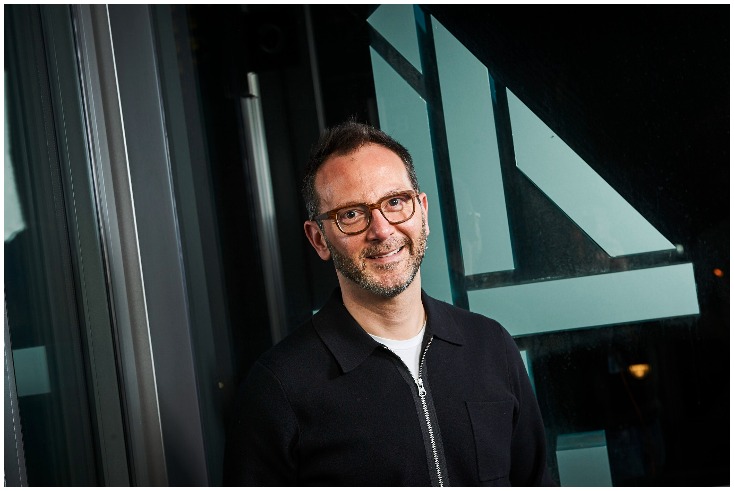
“It wasn’t just in 2021, but the changing habits towards on-demand viewing wherever, whenever and however people want to watch is reshaping our industry.
“At Channel 4 we launched 4Studio to lead our digital content, and in 2021 we became the biggest UK social reach brand for young audiences, and one of the biggest partners for brands wanting to do native social content.”
The columnist
Professor Karen Nelson-Field, founder of Amplified Intelligence
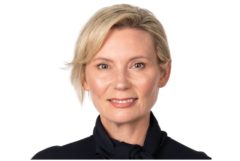
“After saying for years that legacy metrics and advertising impressions aren’t telling the full story, in 2021 it felt like the penny dropped and the larger majority started listening.
“Measuring human attention to advertising shifted from ‘bespoke research’ with pioneering brands to the burgeoning interest and uptake of attention measurement tools for media planning and buying.
“In terms of creating change in a damaged ecosystem, 2021 certainly felt like the year we reached a turning point.”
The media strategist
Charlie Makin, managing director and founder at Pintarget, part of the What’s Possible Group
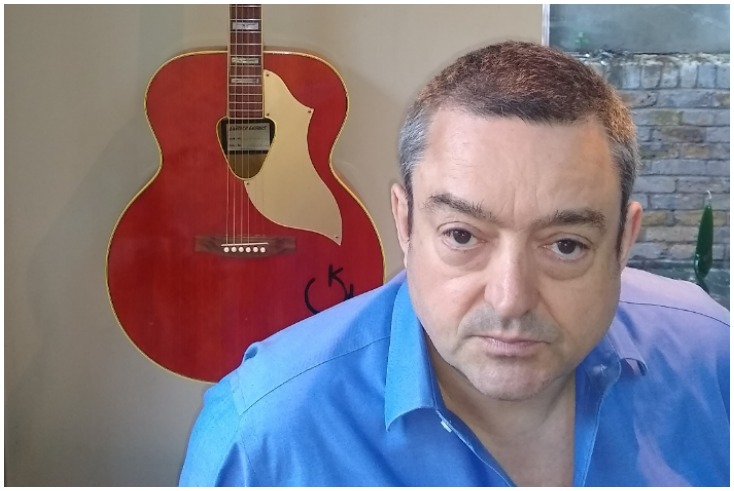
“2021 saw an acceleration in the decline in trust in media, especially news.
“Only 36% of us trust news most of the time, one of the lowest, but beaten by the USA at 29%. The riots in Washington were fuelled by this.
“Lack of trust in media contributes to a more polarised society, often exploited by pressure groups, monetised by social media and possibly new channels like GB News.
“It’s important, distrust in media channels could extend to distrust in brands who advertise. We need to properly value our news industry, protect its independence and perhaps encourage greater tolerance.”




